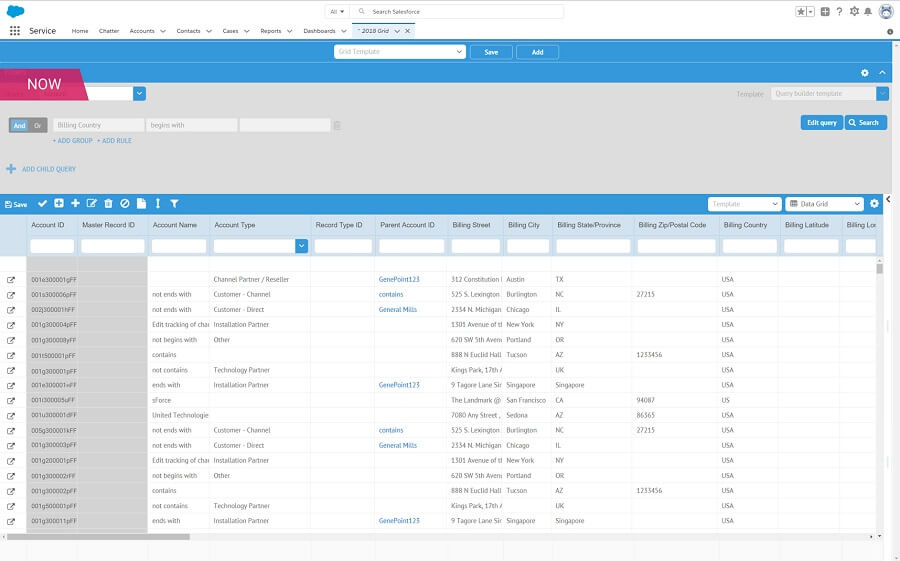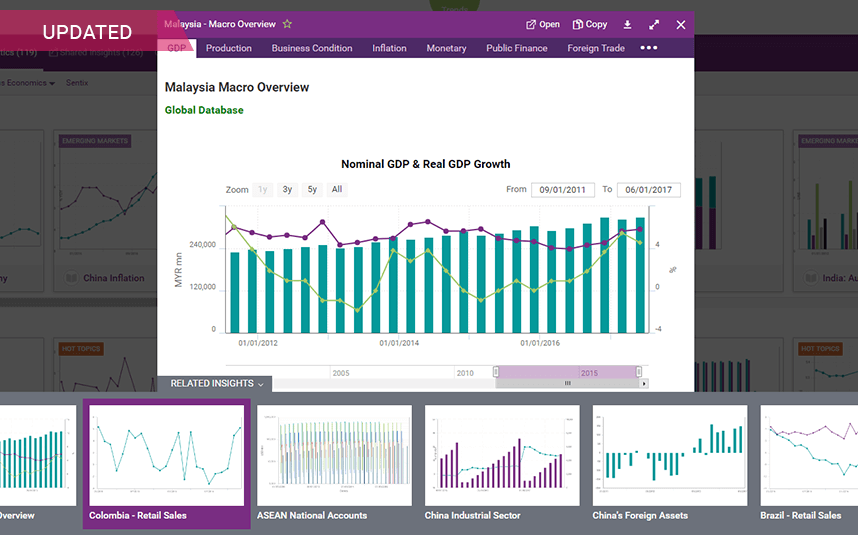To be efficient in any business, you should continuously evolve and adapt your internal processes to the changes in the market. It also includes the need for a constant update of the software that you use in accordance with the cutting-end trends. One of the biggest challenges when deciding to modernize a legacy app is wondering exactly why you have to do it. After all, the process requires significant investments, and before deciding to pay for legacy app modernization, you have to ask yourself is it worth it.
In this article, we’ll consider when and why it’s time for your company to start thinking of your legacy application modernization.
The Main Reasons to Apply for Legacy App Modernization Services
Before starting negotiations with a development company, you have to define if the modernization of your apps worth its cost. Your employees can face signs showing that your current software system is obsolete and requires special attention from the experienced specialists. Let’s list the most significant of them:
- Maintenance costs are too high
- Your application doesn’t meet new challenges and can’t provide new opportunities
- Your legacy app is incompatible with modern systems
- Your legacy app lacks flexibility and scalability
- It’s hard or impossible to implement new features
- The app is slow, and It crashes constantly
- The vendor no longer supports your legacy system
If you face one or more of the described issues, probably, it’s time to start planning the modernization strategy. But there’s one mystery that remains unsolved: why even bothering if everything works. There are goals that you want to reach, and your software is a tool that helps to achieve them. So, is software modernization worth of your money if the things are done eventually? Let’s find out.
How Software Modernization Helps to Increase Business Efficiency
After a long day of scrupulous analysis of your current system, you may face a dilemma. The business application that you use lacks modern features and has some problems that you can’t solve on your own. There’s clearly something that has to be done. On the other hand, everything’s working. There are some complaints from your employees that users are facing software lags now and then. Not a big thing, probably. After all, you get your monthly revenue reports on time.
The fact is that legacy app modernization is a way more complicated procedure than just giving your application a modern look with the help of cutting-edge development tools. Software development companies that offer modernization services don’t focus on your legacy software system solely. Instead, they analyze your business processes and try to understand why your current legacy system doesn’t fit your goals. On the basis of this info, a development company can offer to implement some features that can optimize the workflow and increase the overall performance of your company. Therefore, legacy software modernization can be considered as an investment from which you can get the following benefits:
- Increased revenue. Modernizing your legacy app, development companies can implement new features that can contribute to your company’s accessibility to the new markets. You can receive the possibility to offer goods and services in the market segments that were previously unavailable for you.
- Reduced maintenance cost. Legacy software is hard to maintain due to the infrastructure that they run on. A software development company can re-platform your app and implement cutting-edge technologies that allow reducing operational and maintenance costs.
- Leveraging cloud. Moving into the cloud is a pretty efficient way to rid of the necessity to maintain legacy hardware and increase the accessibility of the software.
- Improved user experience. Your software may be comprehensive and innovative, but some users will face some difficulties while using it. Development companies can leverage modern approaches to make your employees happy to work with the updated version of the software.
Let’s summarize the info. We know the reasons why and we know the prospects. The next step is to understand how precisely software development can breathe a new life in your legacy system. The answer may be more complicated than it seems.
Main Approaches to Legacy Software Modernization
First of all, you have to keep in mind that there’s no one-size-fits-all solution when it comes to the modernization of legacy software. The main task that you’ll face is to understand the cause of your problems with the legacy system that you’re using. It may be a certain technology, application architecture, or a simple lack of some features. The next step will require to define how different modernization approaches can improve these aspects.
Modern development companies that provide legacy modernization services also can offer application discovery. The process is intended to understanding of your legacy systems, enabling the company to develop the business case around renewing the existing applications.
According to the results of application discovery, a developer can offer you one of the modernization options that may include:
- Application refactoring implies restructuring and optimizing the existing code base without changing the external behavior of the app
- Re-architect the application to alter it materially and allow shifting to the new architecture to benefit from better capabilities of the application platform
- Rebuilding the system or its component from scratch
- Replatforming the app you can migrate a system to modern and more effective technology platforms
- UX/UI improvements allow reaching better user satisfaction
Many reliable vendors provide application modernization and migration services. To choose the most appropriate of them, you can check a company’s previous experience by reviewing its portfolio. For example, at XB Software, we offer UI/UX development services and also can modernize your legacy web-based system using the Webix JavaScript library. Webix is a library of advanced and highly configurable UI widgets that allow us to create web apps of almost any level of complexity. For example, you can check a real story about Salesforce component modernization in which Webix has played a significant role.

The process of legacy app modernization can bring some tangible benefits to a company. Our experience with modernizing the economic and investment research application for our customers shows that re-engineering of the existing legacy system can be a cost-efficient alternative to creating the whole system from scratch.

The use of such modern technologies as Node.js, Backbone JS, Phantom JS, Webix applied with deep expertise in UX/UI combined with our customer-centric approach allowed us to improve the user experience significantly. User behavior research conducted after the launch of the updated version of this system has demonstrated some impressive results. The number of users has increased by 14.72%, and the bounce rate showed positive dynamics.
Conclusions
Your software system requires the same close attention as the business processes that your company uses. The reason is that enterprise-wide applications play a significant role in workflow automation and can provide your company with many competitive advantages. There may be different signs allowing you to determine that your company uses obsolete software:
- the application works slow
- lack of support
- lack of mobile capabilities
- incompatibility with modern systems
- extensive training is required
- the application isn’t solving your problems
- and more
If you face one of the described issues or even multiple of them, most probably, it’s time to start thinking about legacy app modernization. Business analysts of a software development company can discover the system that you’re currently using and offer the optimal way of optimization. Proper legacy software modernization can provide your business with the following benefits:
- business processes acceleration
- increased reporting accuracy
- excellent scalability
- cost savings